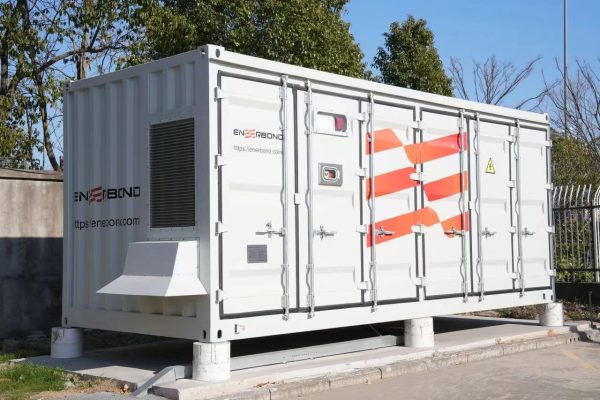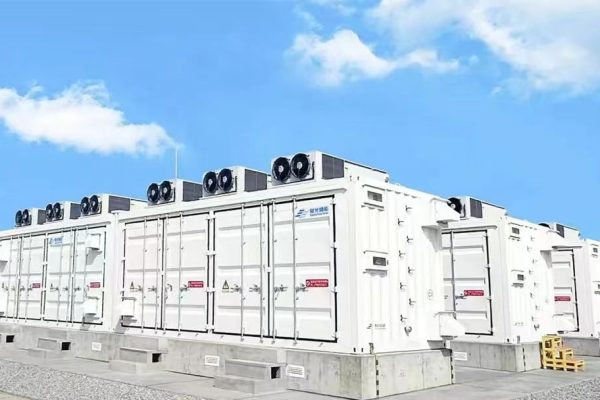Why Small Details Matter
In the energy storage system (ESS) export business, most exporters focus on big issues such as certifications, Incoterms, and shipping methods. However, many shipments are delayed—or even rejected—because of small but critical transport details. Paying attention to these details can significantly reduce risks, build buyer trust, and ensure smooth delivery.
1. Labeling Requirements
- UN3480/UN3481 Labels: Required for lithium-ion cells and batteries.
- State of Charge (SoC) Labels: Air shipments must indicate ≤30% SoC.
- Dangerous Goods Labels: Must comply with IATA and IMDG standards.
- Exporter Tip: Always double-check label size, color, and placement to meet regulations.
2. Packaging Standards
- UN-Certified Packaging: Required for both air and sea shipments.
- Cushioning Materials: Prevents vibration and mechanical damage.
- Moisture Protection: Especially important for sea freight.
- Exporter Tip: Keep photos of packaging as proof in case of disputes.
3. Documentation Alignment
- Invoice vs Packing List: Descriptions and HS codes must match.
- Waybill Consistency: Product names must align with other documents.
- Dangerous Goods Declaration: Must be signed by a certified person.
- Exporter Tip: Even one mismatched detail can cause customs rejection.
4. Temperature Control During Transport
- Cold Weather Risks: Batteries can lose performance or get damaged in freezing climates.
- Hot Climate Risks: Overheating during transit increases fire hazards.
- Solutions: Use insulated containers or temperature-controlled logistics for sensitive shipments.
5. Palletizing and Handling
- Stacking Rules: Incorrect stacking can damage cells or packs.
- Securing Cargo: Avoid shifting during sea freight.
- Marking Fragile Items: Prevents mishandling by third-party logistics providers.
6. Communication with Logistics Partners
- Pre-shipment Briefing: Ensure carriers understand ESS-specific requirements.
- Emergency Contacts: Provide 24/7 support numbers in case of incidents.
- Transport Instructions: Include written handling notes for loading/unloading.
7. Insurance for Small Risks
- Transit Insurance: Covers minor damage, not just catastrophic loss.
- Customs Bonds: Reduce risks of unexpected clearance issues.
- Risk-sharing with Buyers: Define responsibilities clearly in contracts.
Details That Build Reliability
In global ESS trade, success depends not only on big-picture strategies but also on small details. By carefully managing labeling, packaging, documentation, temperature control, and logistics coordination, exporters can prevent avoidable risks. These small details may seem minor but can make the difference between a delayed shipment and a smooth, professional delivery—ultimately strengthening buyer confidence and long-term cooperation.








